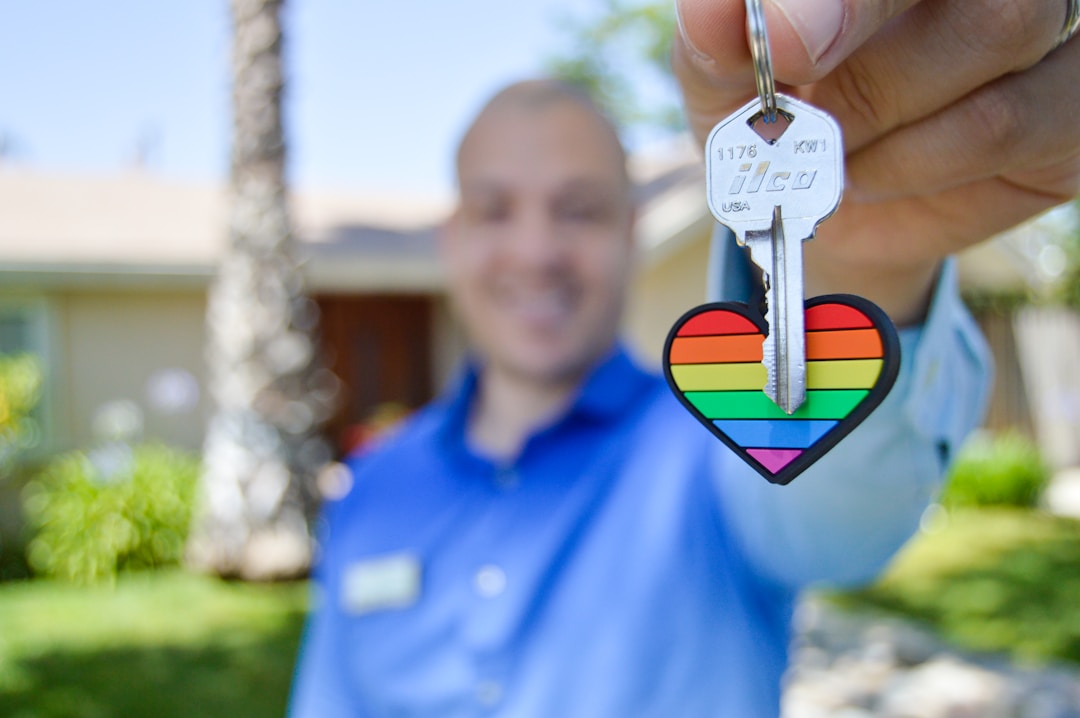A career in the real estate business can be both lucrative and fulfilling. This is because working in real estate offers a great deal of flexibility, and each workday varies from the one before it.
If the thought of potentially being your own boss, meeting different people and helping customers find their forever home excites you; keep reading to learn more about how you can launch your real estate career.
1. Do your research

Real estate license requirements vary from state to state, so first, determine your state’s licensing requirements. Your state’s real estate regulatory office website or the Association of Real Estate License Law Officials, ARELLO’s directory can also offer some helpful insights.
If you’re working towards a California real estate license, for instance, the California Department of Real Estate requires you to be at least 18 years old. You’re also required to take the California pre-licensing courses, apply for the California salesperson examination and license, pass a fingerprint and background check, and find a real estate broker to mentor you.
2. Enroll in a real estate pre-licensing course

For you to become a real estate agent, you have to take a pre-licensing course from a certified real estate school, and then sit for a real estate license exam. The number of required hours varies by state. In the state of California, for instance, applicants must enroll in three real estate courses for a total of 135 hours. In the states of Georgia and New York, the courses last 75 hours, and in Texas, you’ll need to complete 180 hours of coursework.
The style of learning is flexible in most states, with options for online classes, in-person learning in a real estate school, and as part of a college-level course education requirement. Find the method that works best for your schedule and style of learning. You’re also allowed to be picky when it comes to picking a program because your instructor’s expertise will affect your real estate exam preparedness.
3. Take the real estate licensing exam

Your teacher is expected to show you how to register and pay for the licensing exam. If you don’t receive this information from them, your state’s department of real estate, DRE, can help. Also note that if this is your first time applying for the exam, you’ll also have to submit a fingerprint and background check.
As part of exam prep, you should also know that the licensing exam is accessed through an online system and has two sections. The first part covers general real estate principles, and the second section covers state-specific real estate laws. Nationwide, this exam involves multiple-choice questions, but the assigned exam time varies from state to state.
4. Activate your real estate agent license

After you pass the licensing exam, you’ll then be required to submit an application and pay a license fee to your state’s department of real estate. After approving your application, the DRE will send your real estate license certificate by mail. Additionally, your name will also be listed as a real estate licensee on the DRE’s site. Note that you’re not allowed to work real estate agent before your license is issued by the DRE—so wait to have your real estate license in your hand before taking on any work.
5. Join a real estate brokerage

To kickstart your career as a real estate agent, you must first work under the supervision of a sponsoring broker who is authorized by the state of California, for instance, to manage real estate transactions and ensure that novice real estate agents adhere to the state-approved ethical standards.
Acquiring a real estate license is an investment in yourself, and as much as it involves a lot of time of money, it can help secure a satisfying job in the real estate business. As you work towards your real estate certification, remember that existing and potential real estate businesses depend on first impressions. To avoid seeming underdressed and unprofessional, take advantage of off the rack sales to find high-quality business attire.
